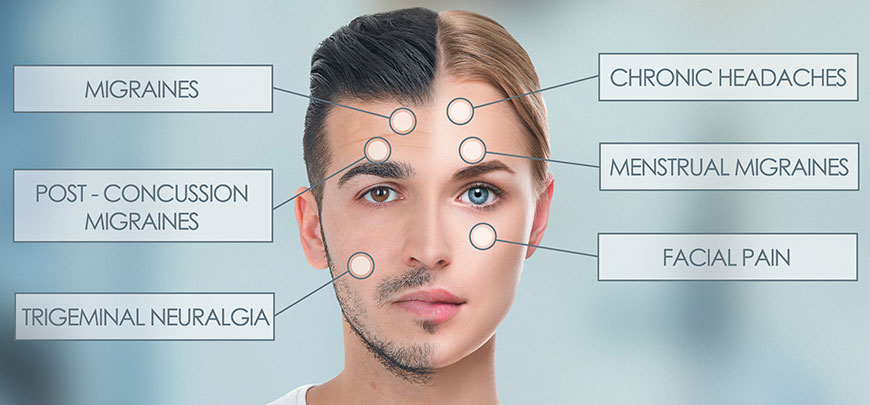
Anyone who has had a migraine can safely tell you how painful the state exactly is. Some might call it akin to being hit in the head with a mullet, others might call it a mini-explosion in the head.
Suffice to say, migraines and extreme pain go hand in hand, which is why having a good treatment regimen for migraines is key. Unfortunately, that is easier said than done.
Everyone has a different experience of migraines, and their pain threshold varies as well. The treatment is something very trial and error based as a result.
While some patients get better with painkiller tablets, others have to go to an emergency facility like Fatima Memorial Hospital to get painkiller injections, or even IV to combat dehydration if they have had significant vomiting.
Treating migraines
The treatment for migraines is composite of not just medical intervention but lifestyle modifications as well. Some things that you can try in this endeavor include:
Change your environment
The most important thing to do if you feel the onset of migraine is to change your environment. Since it aggravates when there is too much noise, light or if the temperature is inadequate, hence, it is important that you retreat to quieter quarters.
Try to shift to a cool, dark, and silent place. If you live with others, communicate to people that you are not to be disturbed.
Caffeine
Caffeine is one of the trickier solutions. While in some people it can improve the symptoms of migraine, in others, it may lead to the symptoms becoming adverse. The good impact of caffeine is more likely in people who do not consume it regularly.
Furthermore, caffeine withdrawal can also give headaches, so be careful with it.
Cold packs
The combination of vasodilation and inflammation leads to the detestable headache. One way to counter this is by using cold packs. Not only do they help with lowering inflammation but are also good for constricting blood flow.
However, do not overdo with the pack. 30 minutes is the max you should be using it for. You can also accompany it with hot treatment; dip your feet in hot water, which regulates the blood flow to help address the symptoms of migraine.
Moderate stress
Mental health and migraine are linked to each other. Stress might trigger your headaches, which in turn might impair your mental health.
So, identify if stress is a trigger. Then, learn to manage it. Meditation, yoga, mindfulness, and deep breathing are some relaxation techniques that can be of help.
Sleep
Getting enough and timely sleep can help in keeping the migraine at bay. During a migraine attack, sleep might be hard to come by, but if you take your medicine and sleep, it will help with the soothing and the recovery.
Ventilate
Sometimes, being out in the open air can help. It is also good for you managing your stress and anxiety better. However, very cold, or humid air can trigger migraines so avoid them. It’s a good practice to learn what weather triggers your migraine as well.
Over-the-counter pills
You can also benefit from taking OTC painkillers. They are more for the management of the pain rather than treating the underlying causes of migraine.
NSAIDs are particularly effective for treating migraine, however, they may be hard on your stomach. Therefore, do not pop them like bunties but practice discretion. If they are causing problems with your stomach like an ulcer, then you might also have to take pills that have gastroprotective properties.
Acetaminophen and Excedrin migraine are also types of OTC drugs that can be of help to you. Much like rest of the treatment regimen, you might also have to find the drug that works best for you.
Prescription medication
You can also visit your Neurologist in Islamabad for prescription medication if these are failing to offer reprieve.
